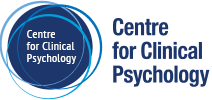In Australia, there are four main professional groups that diagnose PTSD. Two coming from medical professionals and two coming from allied health professionals these are :
Medical Professionals
(1) General Practitioners
(2) Psychiatrists
Allied Health Professionals
(3) Psychologists
(4) Clinical Psychologists
Commonly in Australia a GP will do a mental health assessment over a longer consultation than they normally do. This means they will ask about current symptoms, history and family history. They may ask about event(s). They may do a physical examination or order tests to check that there are no other reasons for some of your symptoms.
How is PTSD diagnosed?
The doctor will often refer to a psychiatrist or psychologist. This is usually for further assessment and treatment. Psychiatrist and Psychologist have more training in mental health. They will also ask about symptoms, some which the doctor may have covered, or may not have. These include how long, how often and how intense the symptoms are, and what happened during a triggering event, and if there is more than one event. For PTSD to be diagnosed, the symptoms need to be severe enough to interfere with someone’s ability to function at work, in their social life or at home.
They may also give you questionnaires to further understand your experience. A full diagnosis cannot be made until at least 6 months after the trauma.
What does a PTSD diagnosis mean?
Sometimes people are concerned about what a diagnosis means, however you don’t need to fear a diagnosis. PTSD is a mental health condition that has a lot of treatment options that can be very effective. These include medication and behavioural therapies. The most effective of these therapies are the trauma focused behavioural therapies. All the guidelines for PTSD across the world recommend trauma focused behavioural therapies as a first line of treatment.
Getting therapy
It is important to note that trauma focussed therapies, such as Cognitive Processing Therapy are different from non-trauma focussed therapy in regard to outcomes for trauma survivors. Hence, if a survivor is choosing a non-trauma focussed therapy, they may not have outcomes that reduce trauma related symptoms, because the therapy is not focussed on these.
At the Centre for Clinical Psychology our therapists are certified in CPT and have experience in helping people with a wide range of traumatic experiences. If you are struggling with PTSD, or the aftermath of trauma don’t hesitate to seek help from a professional. The Centre for Clinical Psychology is here to help you navigate the difficulties of PTSD and Complex PTSD. Book an appointment today by calling 03 9077 0122 or visiting https://ccp.net.au/booking/
References
https://www.phoenixaustralia.org/australian-guidelines-for-ptsd/
https://www.apa.org/ptsd-guideline
https://www.healthquality.va.gov/guidelines/MH/ptsd/index.asp
https://www.healthquality.va.gov/guidelines/MH/ptsd/VA-DoD-CPG-PTSD-Full-CPG-Edited-11162024.pdf






